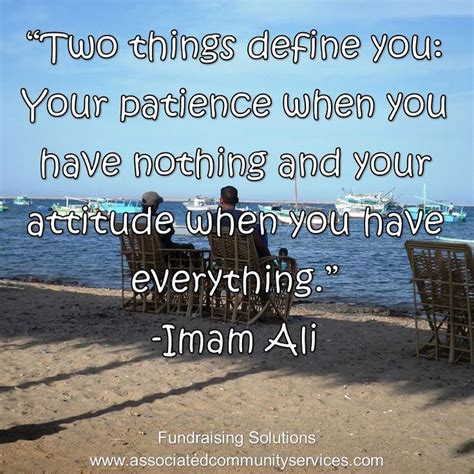The Delicate Path to Rebuilding Trust After Betrayal
Trust is the bedrock of any healthy relationship, be it romantic, familial, or platonic. When that foundation is shaken by a breach – an act of betrayal, dishonesty, or a broken promise – the fallout can be devastating. The pain of a trust breach can feel insurmountable, leaving individuals questioning the very fabric of their connection. While the path to recovery is arduous and requires immense effort from all parties, rebuilding trust is possible, offering a chance for deeper understanding and a stronger bond.

Acknowledging the Hurt and Taking Responsibility
The first, and perhaps most crucial, step in rebuilding trust is for the breaching party to genuinely acknowledge the pain and impact their actions caused. This is not the time for excuses or minimizing the incident. Instead, it requires sincere remorse and a willingness to take full responsibility. An apology that lacks sincerity or shifts blame will only deepen the wound. The wronged party needs to feel heard, understood, and validated in their feelings of anger, disappointment, or sadness.
For the person whose trust was broken, expressing their feelings openly and honestly, without resorting to blame or aggression, is vital. This creates a space for genuine dialogue rather than a defensive standoff.
Open and Consistent Communication
Rebuilding trust demands transparency. The breaching party must be willing to answer questions, even difficult ones, with complete honesty. This can be uncomfortable, but it’s essential for restoring faith. Active listening from both sides is paramount: truly hearing and understanding the other’s perspective without interruption or judgment. Regular, open communication helps to dismantle the secrecy that often accompanies breaches of trust.
- Honesty: No more hidden truths, no matter how small they seem.
- Transparency: Be open about actions and intentions.
- Active Listening: Hear out concerns and fears without defensiveness.
- Patience: Understanding that answers might need to be revisited and explained over time.

Actions Speak Louder Than Words: Demonstrating Change
Apologies are important, but they are only the beginning. Rebuilding trust requires consistent, observable changes in behavior. The breaching party must demonstrate through their actions that they are committed to not repeating the same mistakes. This means upholding new boundaries, following through on promises, and acting with integrity in all interactions. Small, consistent acts of trustworthiness accumulate over time, slowly mending the fractured bond.
For example, if the breach involved infidelity, this might mean cutting off contact with the third party, sharing phone logs, and being transparent about whereabouts. If it involved financial deception, it might mean joint management of finances or regular reports. The specific actions will depend on the nature of the breach, but the underlying principle is the same: proof of changed behavior.

Patience, Time, and Forgiveness
Trust is built slowly but shattered quickly. Rebuilding it is not a linear process and certainly not an overnight one. There will be setbacks, moments of doubt, and renewed pain. Both parties must commit to patience and understand that healing takes time. The wronged individual may need to repeatedly test the waters, and the breaching party must be prepared for this without growing frustrated.
Forgiveness, while often misunderstood, is a critical component. It doesn’t mean forgetting or condoning the act, but rather letting go of the anger and resentment that binds one to the past. Forgiveness is a personal journey and cannot be demanded. It may involve forgiving oneself for any role played (even if unwitting) or for allowing the situation to occur, and eventually, if possible, forgiving the other person. This allows both individuals to move forward.

When Professional Help is Needed
Sometimes, the damage is too profound or the communication too fractured to navigate alone. In such cases, seeking professional help from a therapist or couples counselor can be immensely beneficial. A neutral third party can provide tools for effective communication, help process intense emotions, identify underlying issues, and guide both individuals through the complex stages of healing and rebuilding. They can also help set realistic expectations and create a structured plan for recovery.

Conclusion: A Foundation Rebuilt
Rebuilding trust after a breach is one of the hardest challenges a relationship can face. It requires courage, vulnerability, unwavering commitment, and profound empathy from both sides. While there’s no guarantee of success, the willingness to engage in this difficult work can lead to a deeper, more resilient relationship, forged in the crucible of shared pain and the triumph of renewed faith. It’s a testament to the enduring power of human connection and the belief in second chances.



